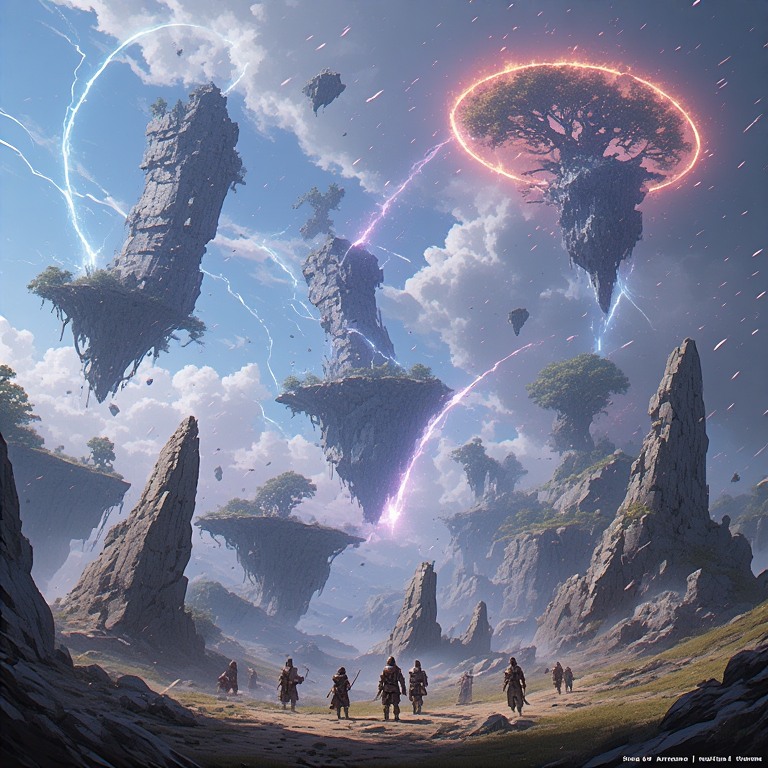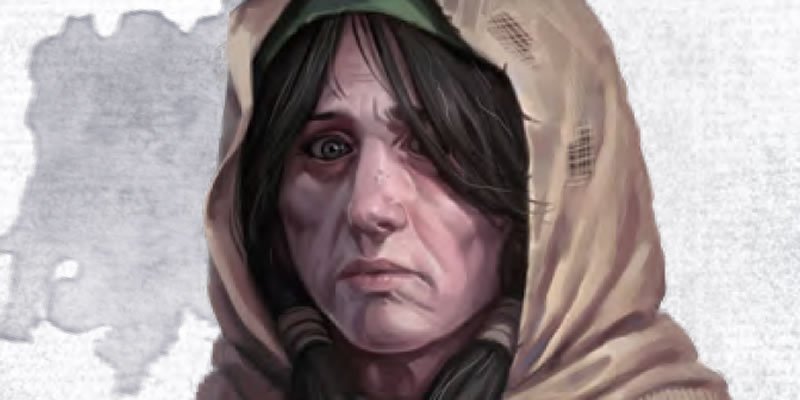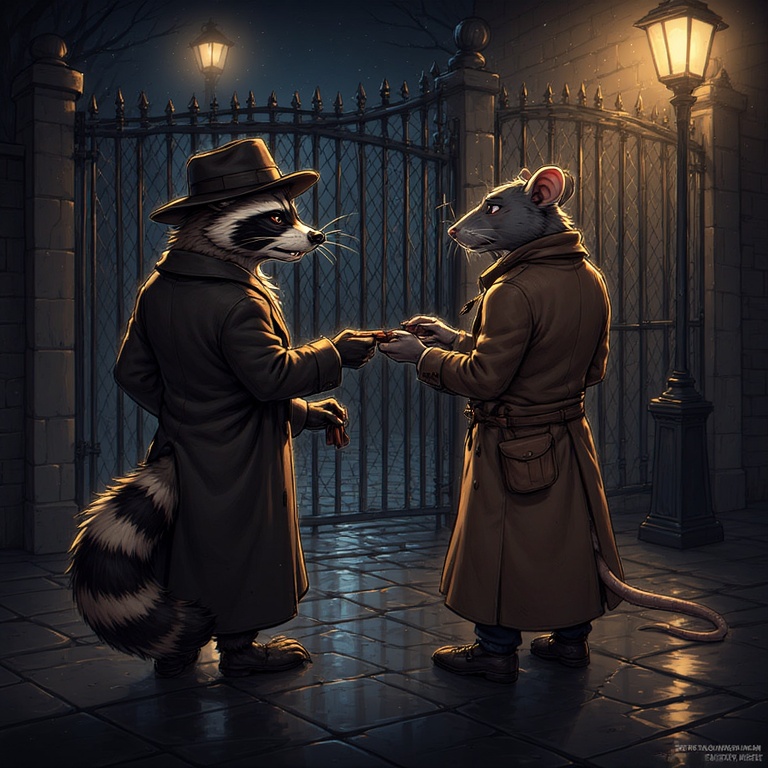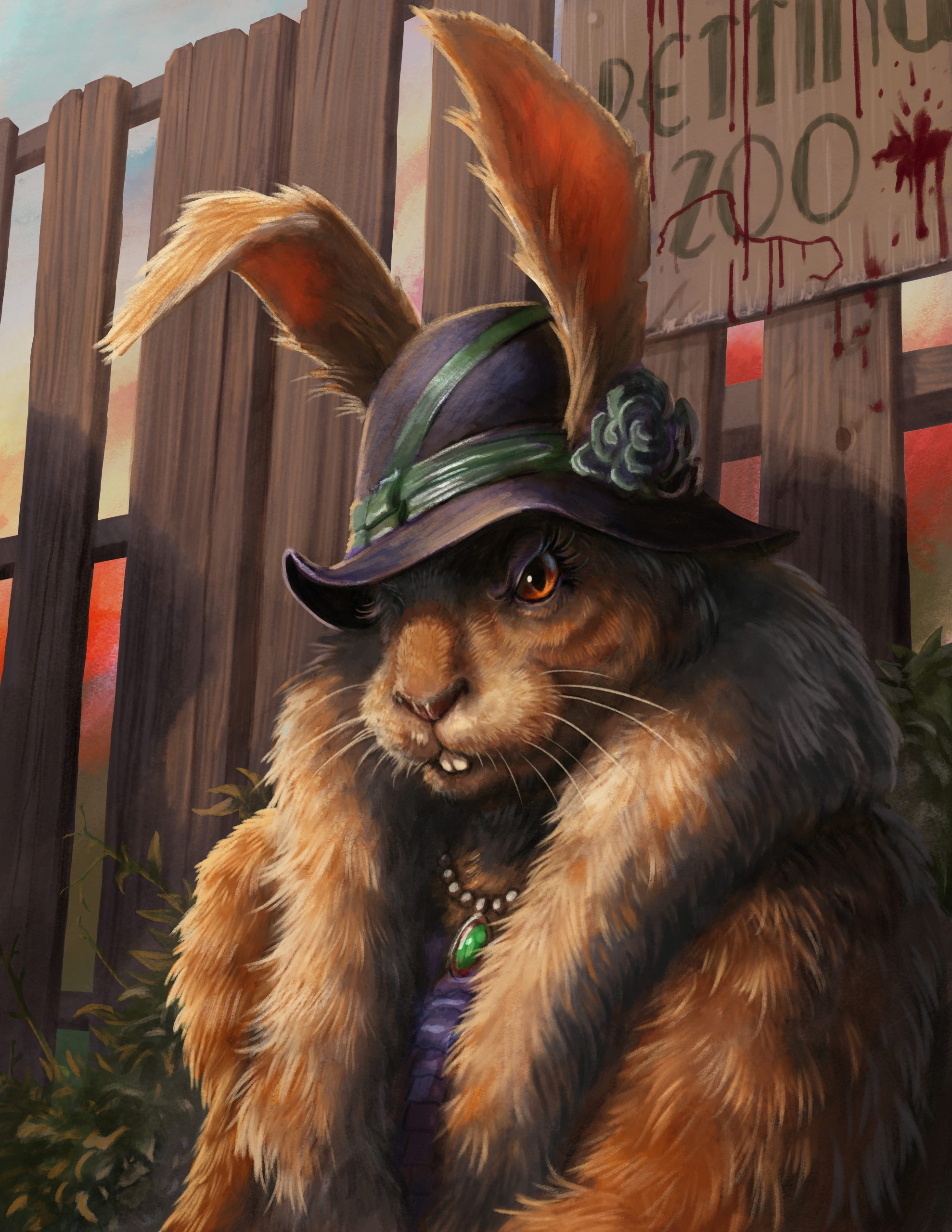
Arcane Evolution: Comparing the 2014 and 2024 Wizard Core Classes
Wizards have always been the quintessential spellcasters of Dungeons & Dragons—masters of arcane knowledge, with the broadest spell list and the deepest magical toolkit. In the 2014  Player’s Handbook, Wizards were powerful but complex, leaning on tradition and versatility. The 2024 revision doesn’t reinvent the Wizard, but it does fine-tune the mechanics to better support flexibility, survivability, and smoother gameplay at the table. If you thirst for a more in-depth discussion check out the video over on YouTube. Or if more study on wizards is required check out another article here.
Player’s Handbook, Wizards were powerful but complex, leaning on tradition and versatility. The 2024 revision doesn’t reinvent the Wizard, but it does fine-tune the mechanics to better support flexibility, survivability, and smoother gameplay at the table. If you thirst for a more in-depth discussion check out the video over on YouTube. Or if more study on wizards is required check out another article here.
Let’s flip open our spellbooks and examine what’s truly changed—and what’s stayed eternal—between the 2014 and 2024 Wizard classes.
1. Spellcasting: Familiar Framework, Streamlined
2014:
-
Wizards prepared a number of spells equal to their Intelligence modifier + Wizard level.
-
Access to a huge spellbook, allowing for deep arcane variety.
-
Learned 2 new spells per level, and could add more via scrolls or learning over downtime.
2024:
-
Same Intelligence + Wizard level preparation mechanic.
-
Spellbook remains core to identity.
-
The rules for learning new spells and copying them into your spellbook are now simplified:
-
Spell scribing time and cost is now 1 minute per spell level and 10 gp per spell level.
-
Clearer guidance on downtime learning and scribing.
-
🧠 Takeaway: No massive overhaul here—just cleaner mechanics that help new players and GMs use the spellbook system more fluidly.
2. Signature Spells: A Welcome Buff
2014:
-
At level 20, Wizards gained Signature Spells, allowing two 3rd-level spells to be cast without expending spell slots (once per short rest).
2024:
-
Signature Spells now arrive much earlier:
-
Gained at level 5 (1st-level spell), and you add more at levels 9 (2nd), 13 (3rd), and 17 (4th).
-
-
These are always prepared, don’t count against your limit, and can be cast once per long rest without a slot (can also be cast normally with a slot).
-
No longer only tied to 3rd-level and late-game play.
🧠 Takeaway: Wizards now have reliable arcane tools they can count on throughout their careers—not just at high levels.
3. Arcane Recovery: Enhanced Utility
2014:
-
Once per day after a short rest, recover spell slots of a combined level equal to half your Wizard level (rounded up).
2024:
-
Now usable after any rest (short or long).
-
You regain a number of spell slots equal to half your Wizard level, but can only recover slots up to 5th level (you can’t recover 6th+ slots anymore).
-
Better support for long adventuring days without overbuffing high-level magic.
🧠 Takeaway: Arcane Recovery is more flexible, but less exploitable. A good trade-off.
4. Magical Discoveries: Intelligence Gets More Mileage
2014:
-
Wizards relied on Intelligence for spellcasting and arcane knowledge, but it didn’t affect many class features directly.
2024:
-
Intelligence now directly fuels more features:
-
Signature Spells are based on your Intelligence score.
-
Some core mechanics (like counterspell and dispel enhancements) are more often tied to your spellcasting ability.
-
-
This incentivizes smart stat allocation and makes Wizards feel more uniquely intelligent, not just magically powerful.
🧠 Takeaway: The Wizard’s mental mastery now plays a greater role in how they interact with arcane mechanics.
5. Scholarly Spellcraft and Reactions: More Active Play

A wizard as seen in the fifth edition Dungeons & Dragons Player’s Handbook. [Image courtesy Wizards of the COast]
2014:
-
Most of the Wizard’s gameplay occurred on their turn—casting spells, prepping, or reacting with counterspell.
-
Limited options for out-of-turn reactions beyond what spells allowed.
2024:
-
New mechanics emphasize more active round-to-round play, even outside your turn:
-
Arcane Deflection–style reactions are accessible through certain features or subclass agnostic tools.
-
There’s stronger support for countering, disrupting, or reinforcing magic in dynamic ways (e.g., improved guidance for casting in response to conditions).
-
🧠 Takeaway: Wizards are encouraged to think reactively and proactively, keeping them mentally engaged throughout combat.
6. Epic Boon Capstone
2014:
-
Level 20 Wizards gained Signature Spells (cast 2 specific 3rd-level spells for free once per short rest).
-
Functional, but underwhelming compared to other capstones.
2024:
-
Level 20 now grants an Epic Boon—a powerful, customizable feature selected from a curated list.
-
Wizards can tailor this final power bump to match their magical identity (resistance to damage, additional spell slots, improved spells, etc.).
🧠 Takeaway: Your final form as a Wizard is now yours to define, not just locked to a single spellcasting perk.
🧙 Side-by-Side Summary Table

A nilbog as seen in the fifth edition Dungeons & Dragons Volo’s Guide to Monsters. [Image courtesy Wizards of the Coast]
| Feature | 2014 Wizard | 2024 Wizard |
|---|---|---|
| Spell Preparation | Int + Wizard level | Same |
| Spellbook Mechanics | Time- and gold-intensive scribing | Faster, clearer scribing process |
| Signature Spells | Level 20 only | Start at level 5, scale up |
| Arcane Recovery | Short rest only, half level in slots | Any rest, only up to 5th-level spells |
| Intelligence Use | Mostly for spells | Used in features and mechanics |
| Active Reactions | Spell-limited reactions | More class-based, strategic reactions |
| Capstone (Level 20) | Free casts of two 3rd-level spells | Choose an Epic Boon |
🧬 Final Thoughts: Arcane Refinement, Not Reinvention
The Wizard didn’t need a reinvention—and that’s exactly what the 2024 revision delivers. Instead of tearing down and rebuilding the class, it fine-tunes the core systems, reducing friction and adding quality-of-life improvements. By pushing powerful features like Signature Spells earlier and offering greater control over spell prep and recovery, the new Wizard feels more responsive, more versatile, and more consistently rewarding.
If you’re a player who loves arcane mastery, encyclopedic spell knowledge, and tactical creativity, the Wizard remains the class for you. But now, it’s smoother than ever to prepare for the magical chaos ahead.
Thanks for reading. Until Next Time, Stay Nerdy!!










No Comments